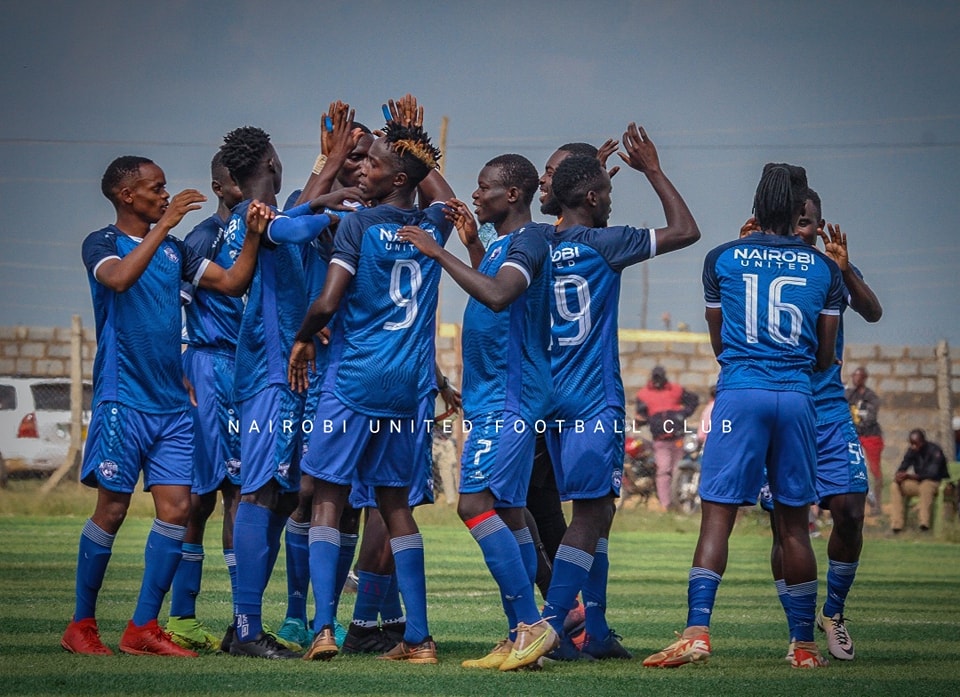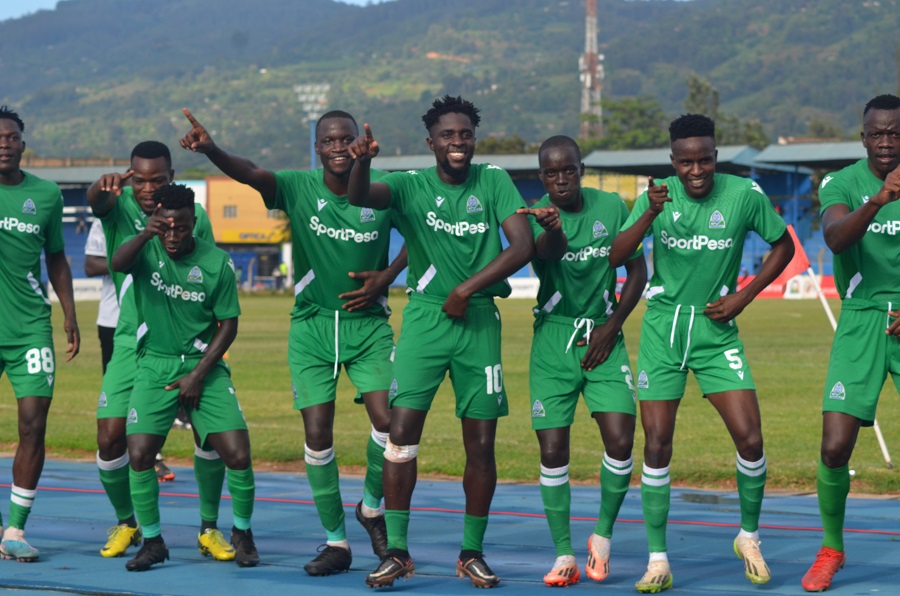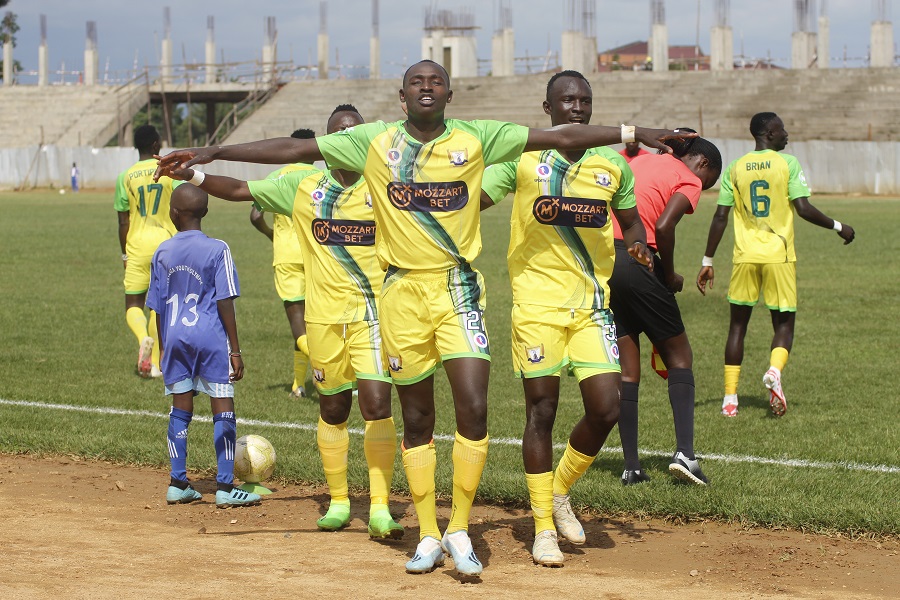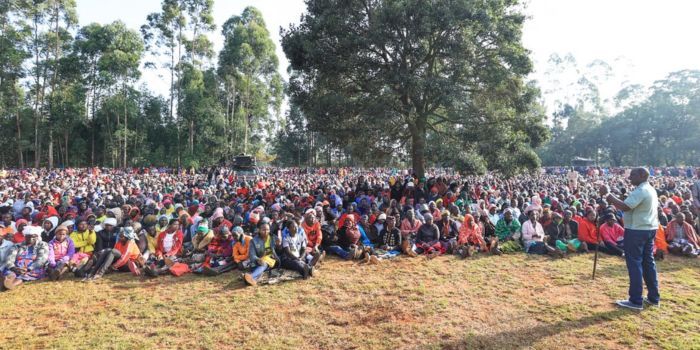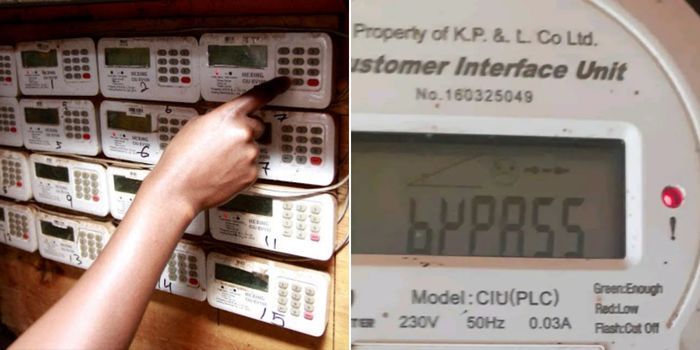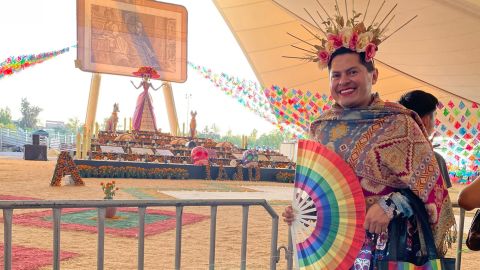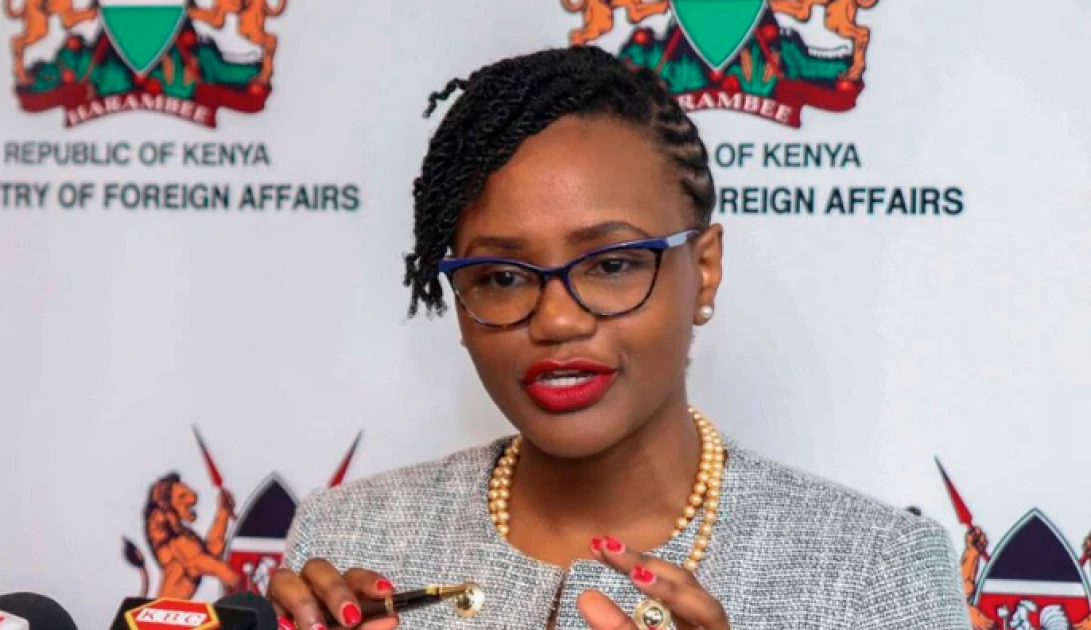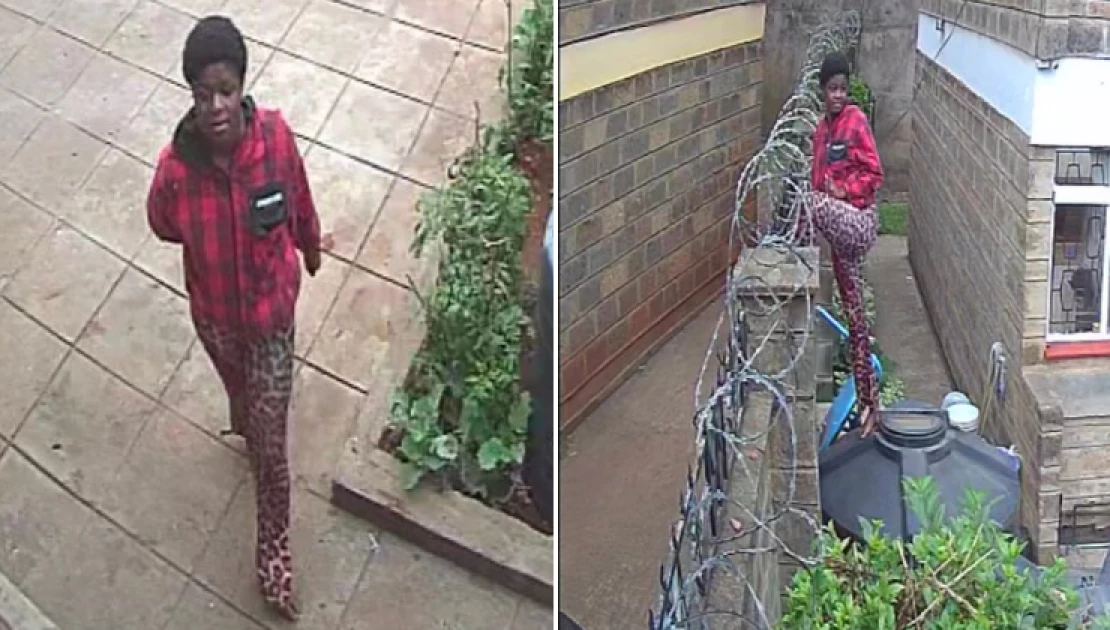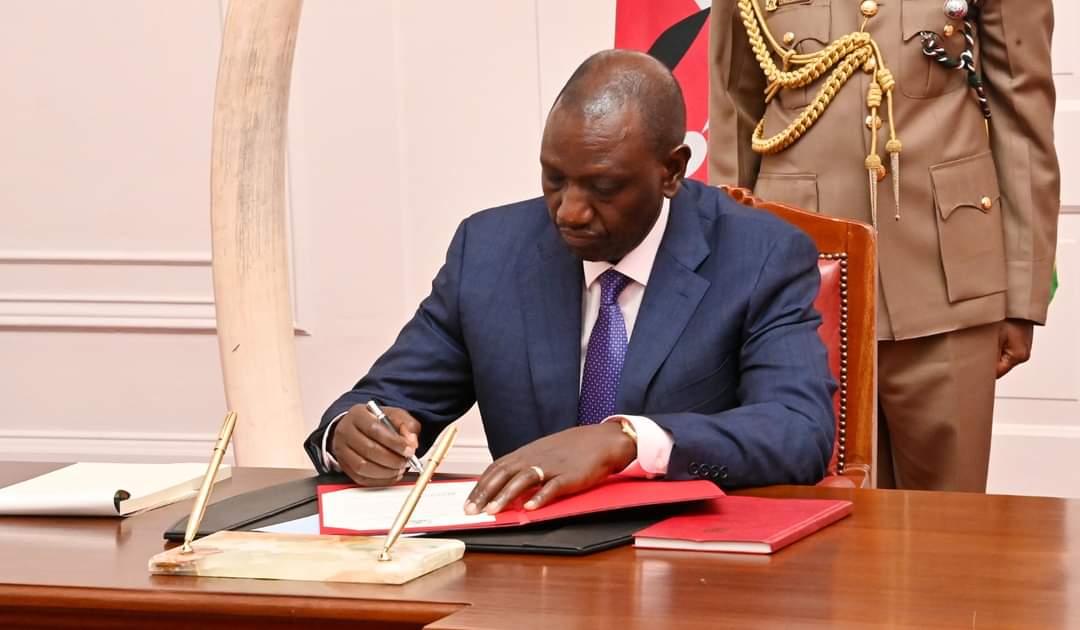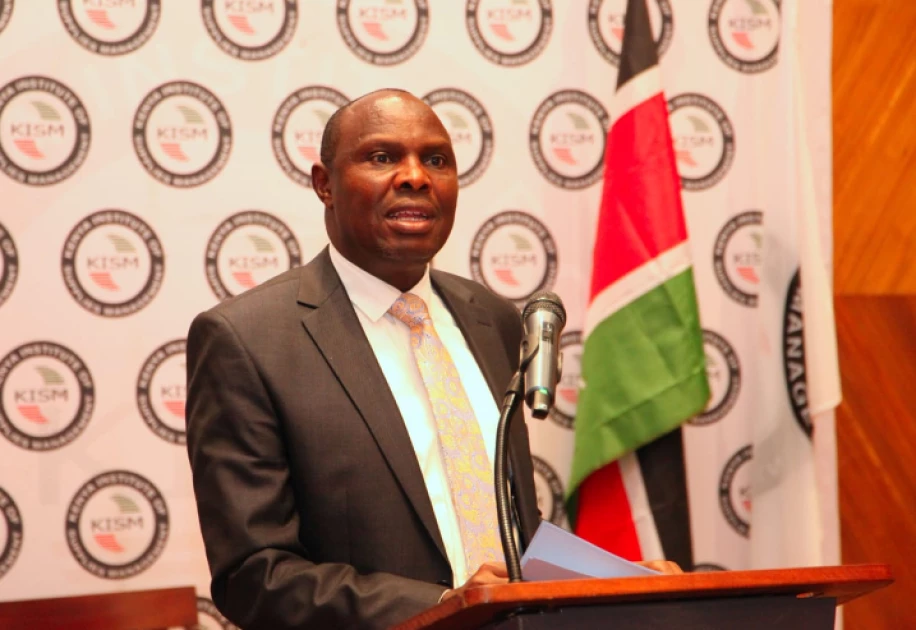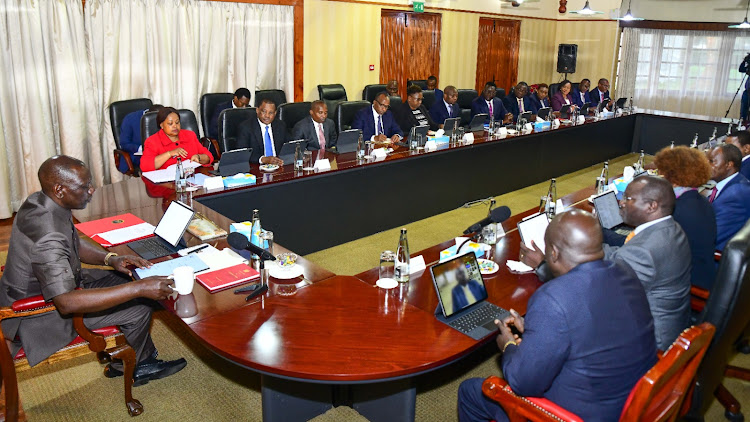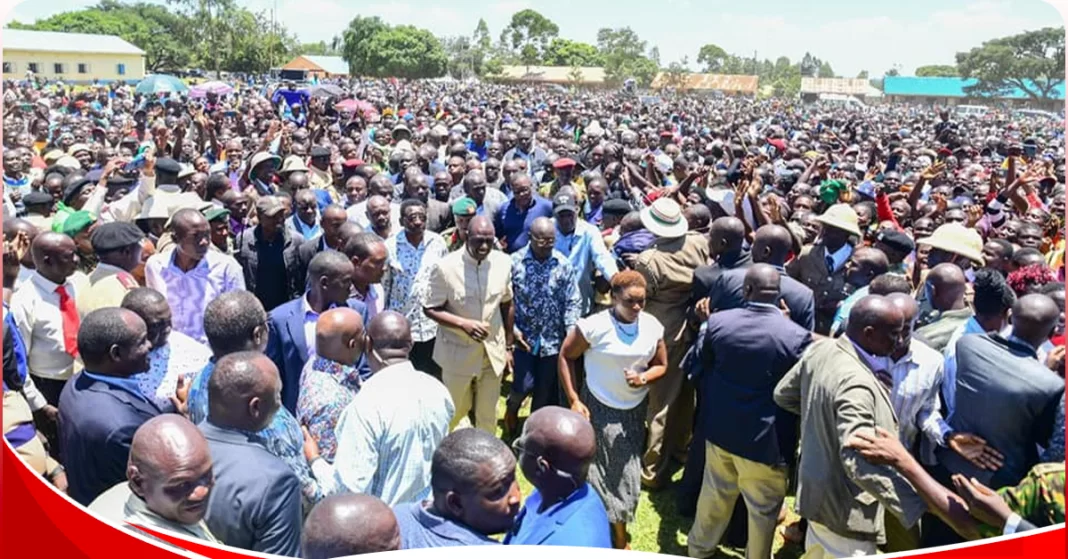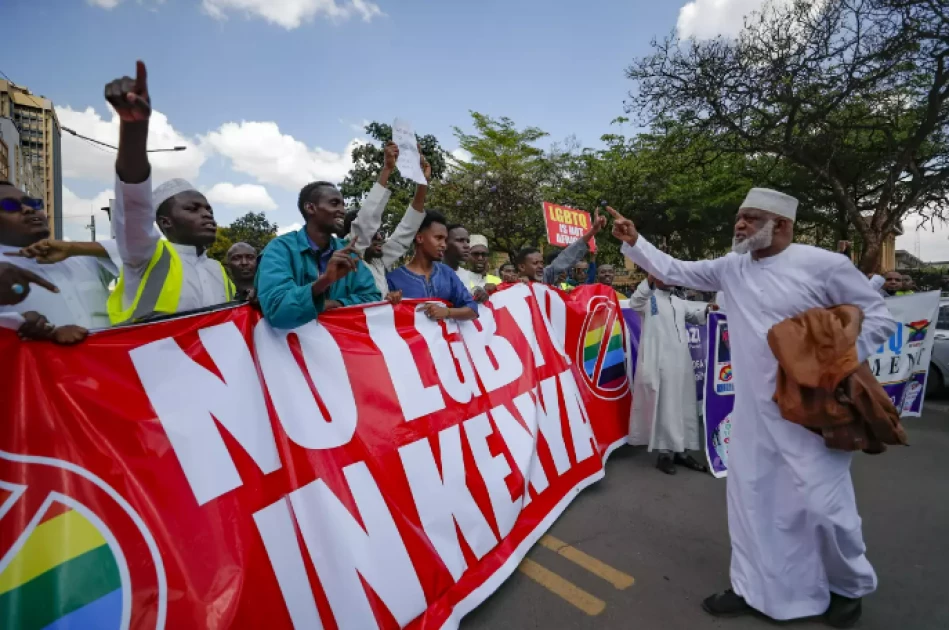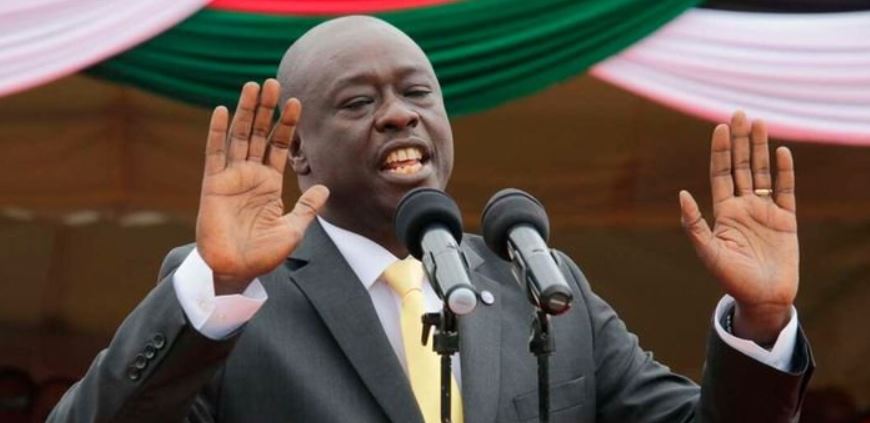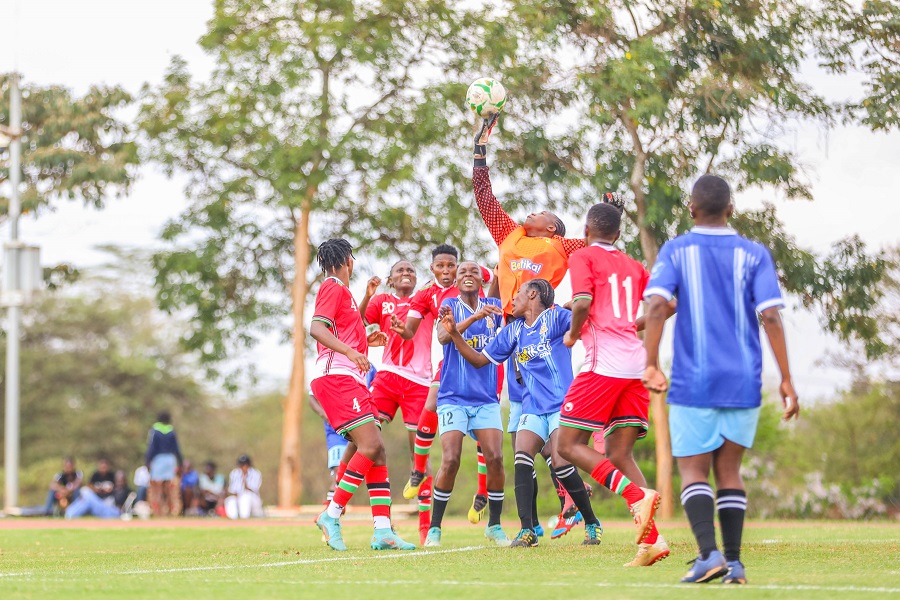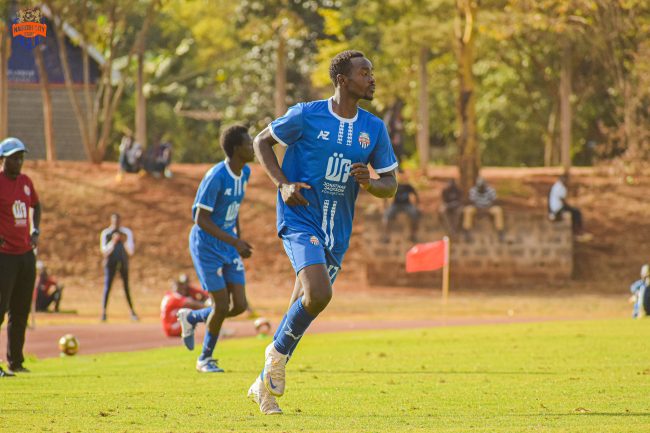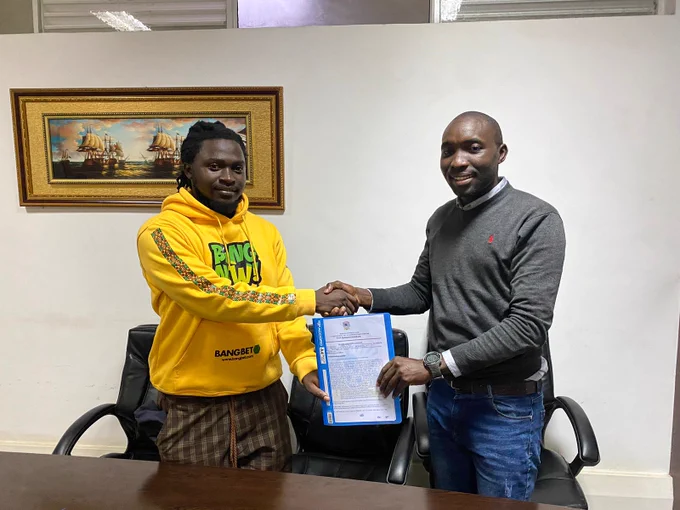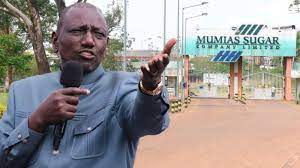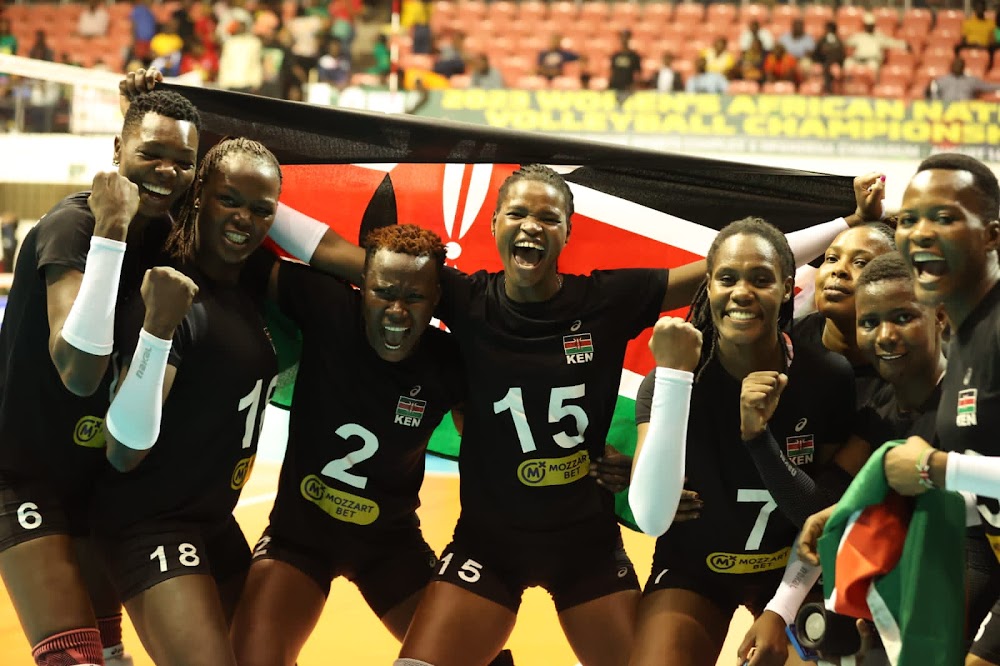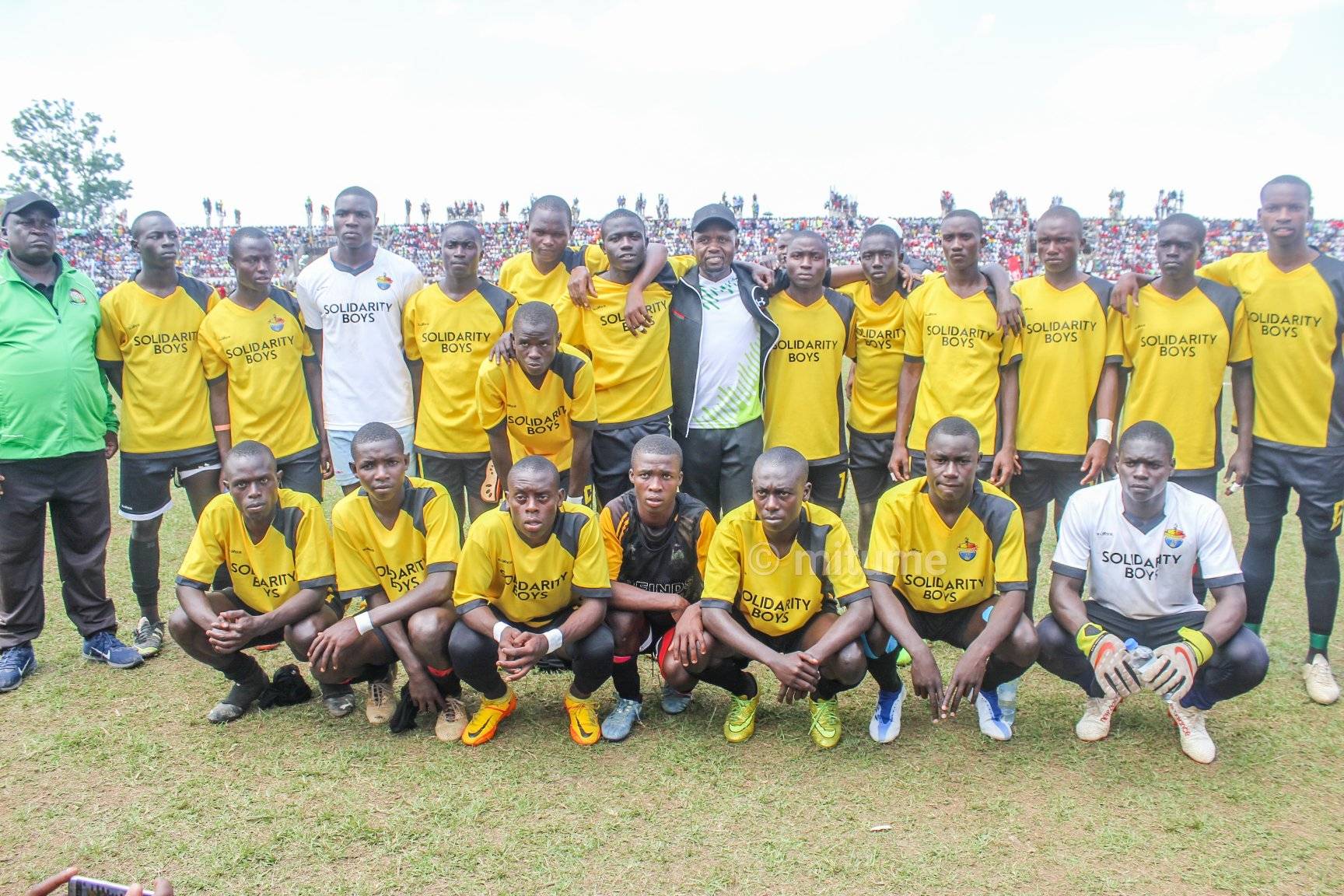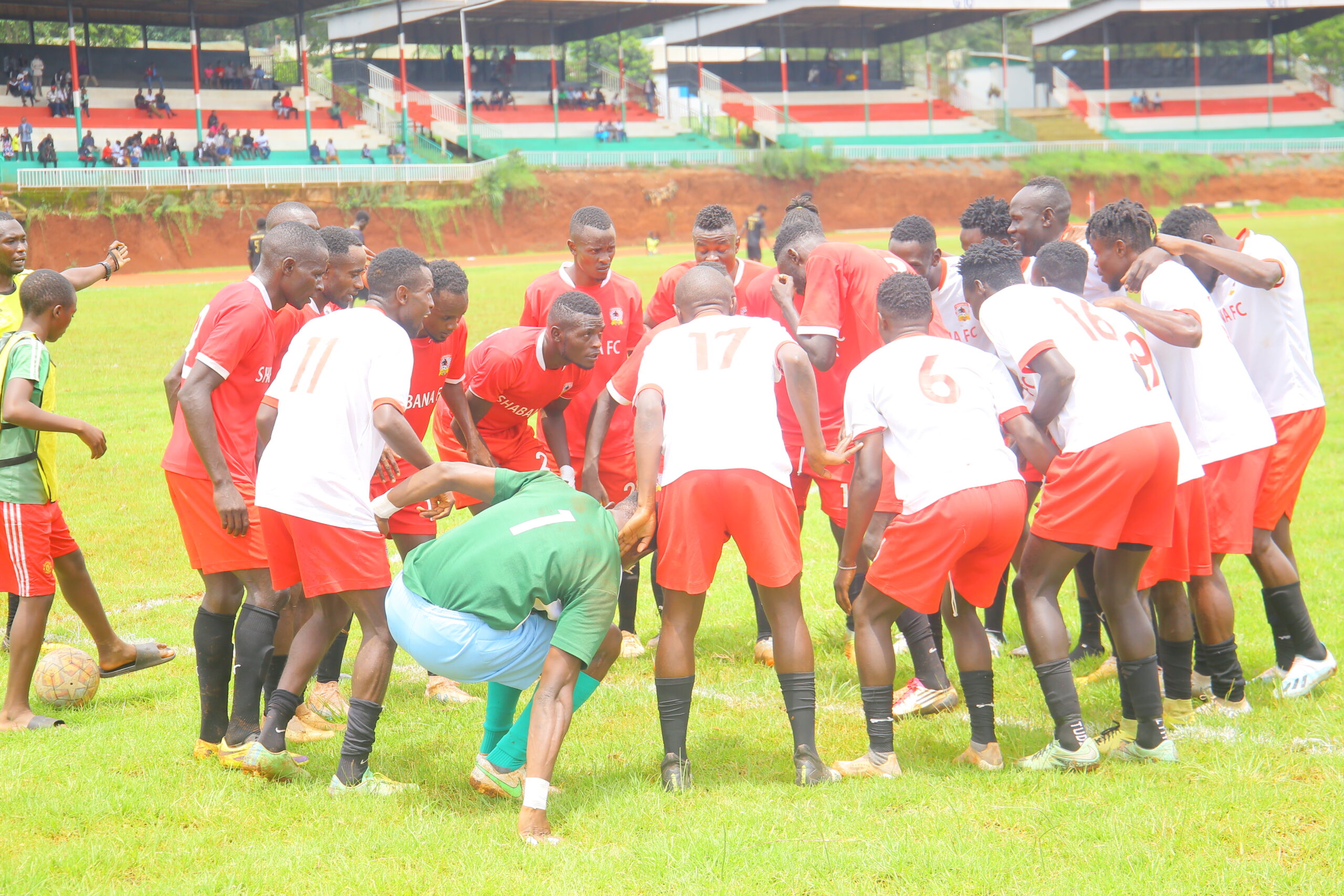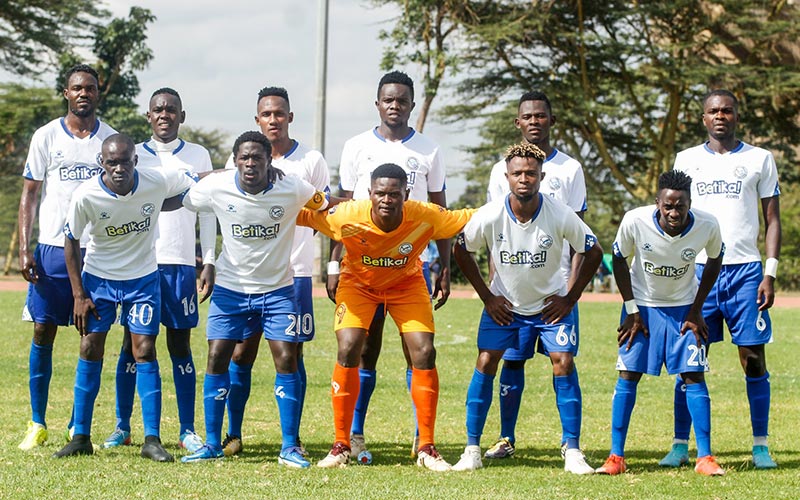RUTO ADDRESSES COURT PETITIONS AND REFERENDUM PUSH
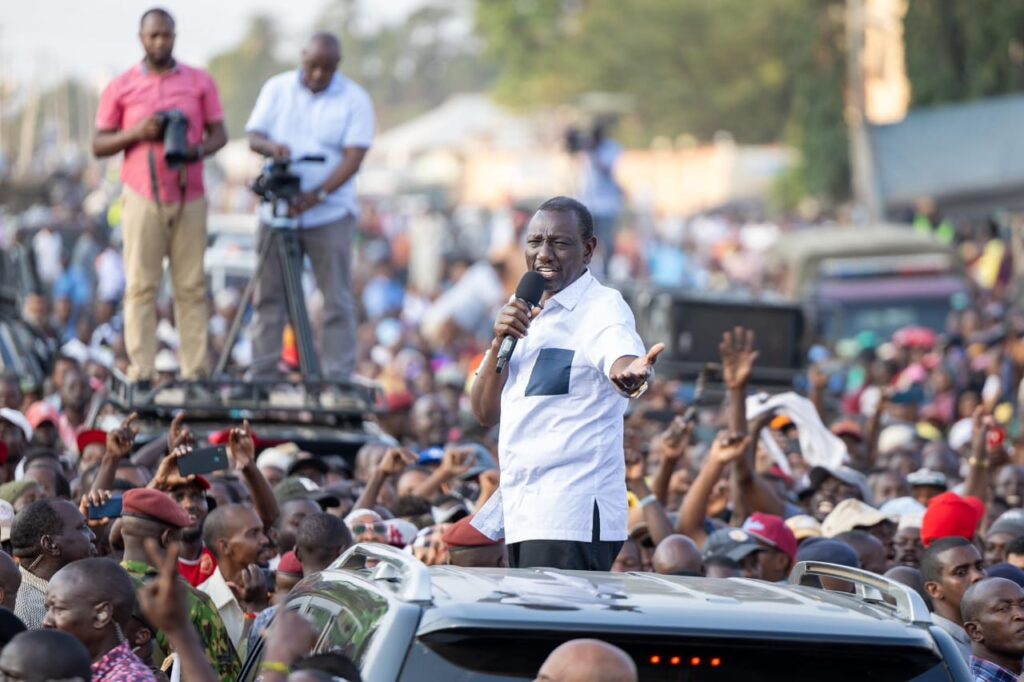

President William Ruto responds to many court petitions that sought to kick him out of office, saying activists behind litigation are at liberty to enjoy constitutional rights.
Addressing a town hall meeting at the Kenya School of Government in Mombasa on Sunday, Ruto said his government would not interfere with the petitions filed by 14 Kenyan citizens.
“The 14 Kenyans moving to court are exercising their democratic right,” Ruto said.
He added, “That is how free this country is. You can actually go to any court and demand what you want. That is a taste of the freedom which I stand for here in Kenya.”
Ruto again assured support for the independence of the Judiciary and on upholding constitutional processes.
“I want to assure that those Kenyans who have gone to court for whatever reason are free to do it, and courts are free to make whatever decision that is constitutional,” he added.
The protests challenged the move in the High Court in Nairobi, praying for orders to commence the process of a referendum aimed at removing Ruto and his deputy, Rigathi Gachagua. The petitioners said that the President and his deputy have violated the constitution by allowing police to kill anti-government protesters extrajudicially.
Before signing the petition, it premised that the judicial intervention called to arrest the socio-political crisis and restore constitutional order. They further added that an economic crisis, whose manifestations had been aggravated by the withdrawal of the Finance Bill, might end up pitching the country into state collapse similar to that experienced in Sri Lanka, Lebanon, or Sudan.
Chapter 9, Section 145, of the constitution provides for the removal of a president by way of impeachment, resignation in writing addressed to the Speaker of the National Assembly, death, or incapacitation.
Section 257 of Chapter 16 provides for a referendum, upon popular initiative signed by at least one million registered voters, for an amendment of the Constitution. A popular initiative on an amendment of this Constitution shall be either in the form of a general suggestion or a draft Bill.
Where a popular initiative is in the form of a general suggestion, the promoters of that popular initiative shall formulate it into a draft Bill. The promoters shall deliver the draft Bill and the supporting signatures to the Independent Electoral and Boundaries Commission, which shall verify that the initiative is supported by at least one million registered voters.
If IEBC is satisfied that the initiative meets the requirements of this Article, it shall submit the draft Bill to each county assembly for consideration within three months after the date it was submitted by the Commission.
A county assembly after approving the draft Bill within three months after the date it was submitted by the Commission, shall deliver a copy to the Speakers of the National Assembly and Senate.
After approval by a majority of members in each house, the Bill shall be presented to the President—whom the activists are seeking his ouster through ‘a referendum’ for assent.
Ruto, however reiterated his support for the rule of law and the need to ensure freedom of expression. The DP said was mandated to shut down the internet during anti-government protests but restrained from doing so respect for democratic principles.
“I believe in the rule of law and freedom of the media. That is what democracy is all about,” Ruto said.































